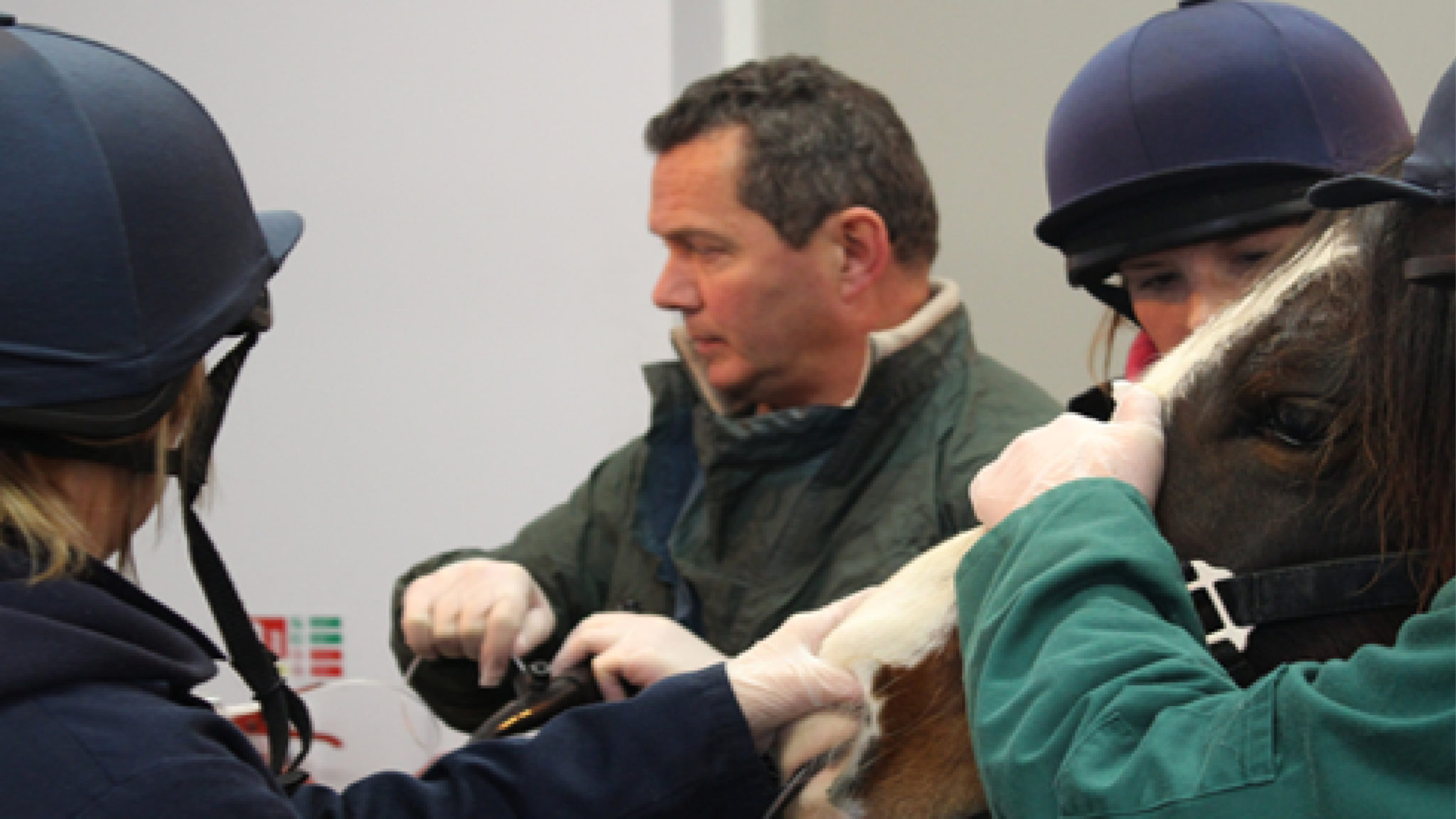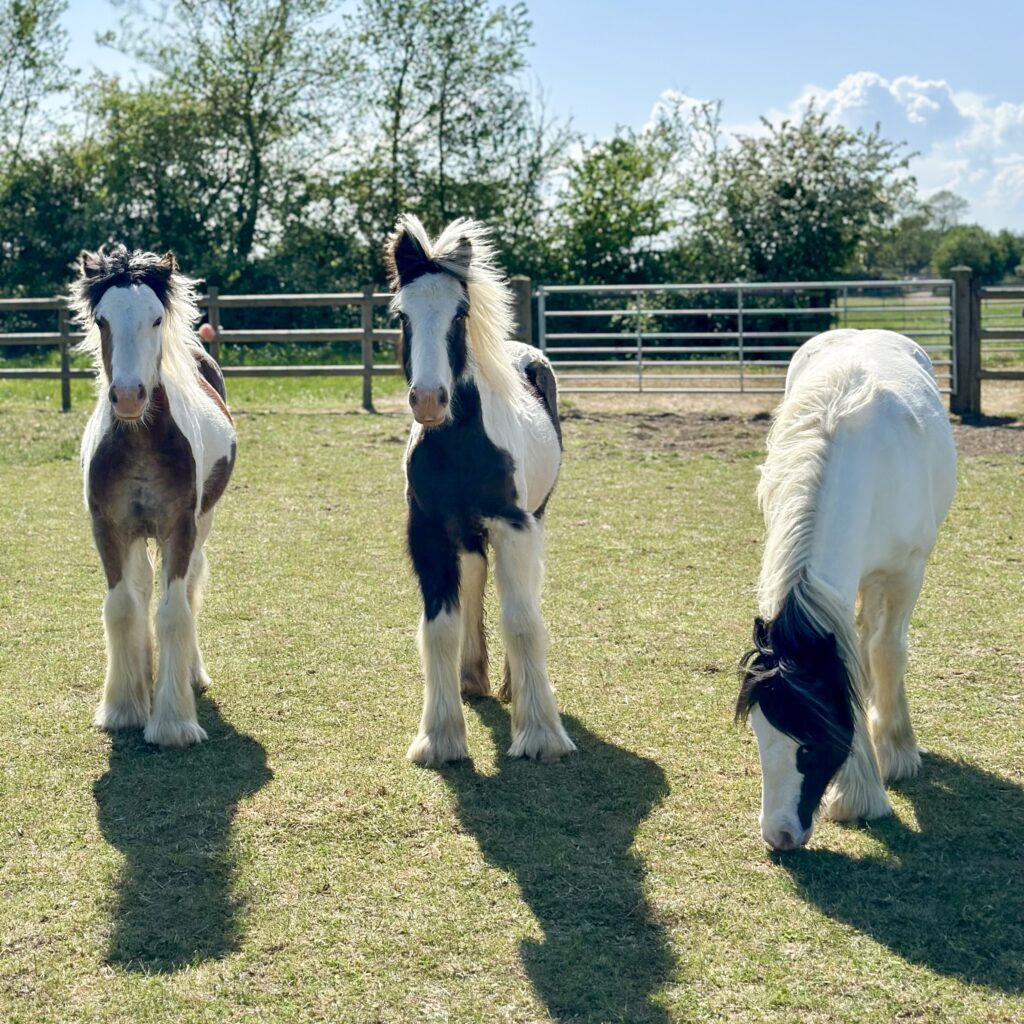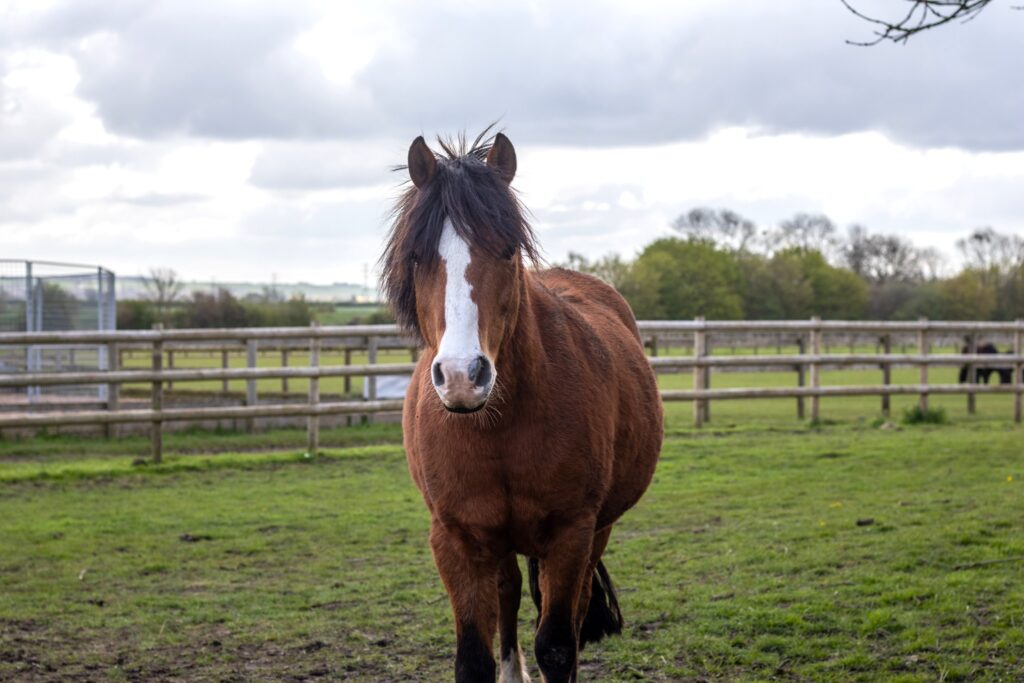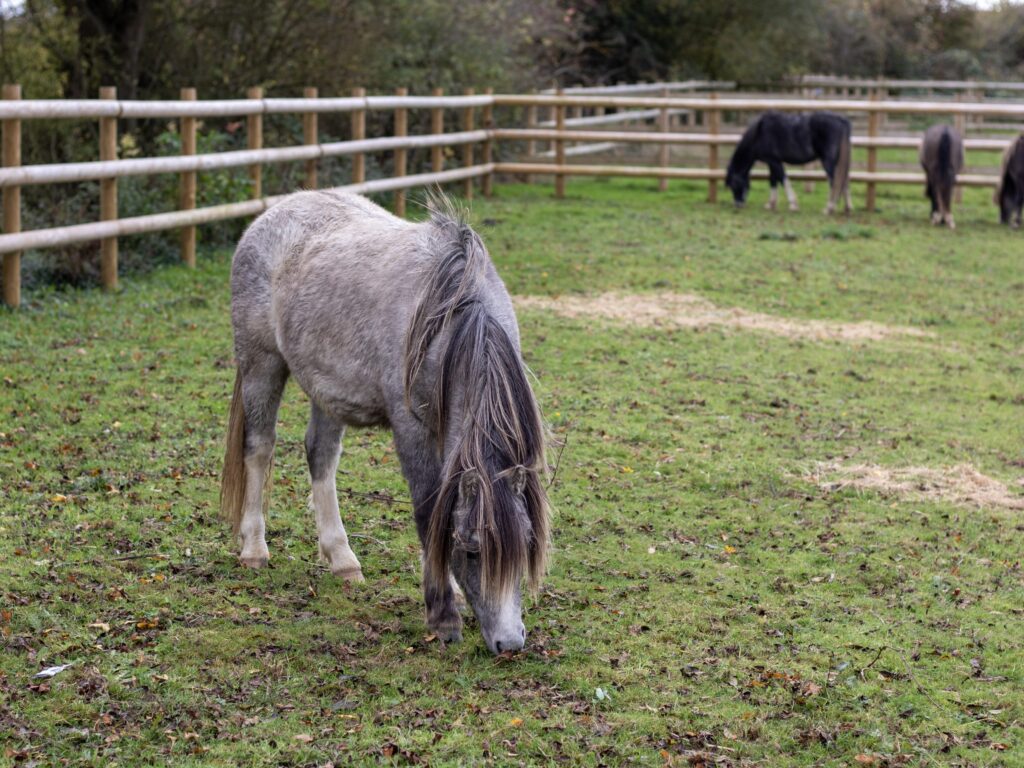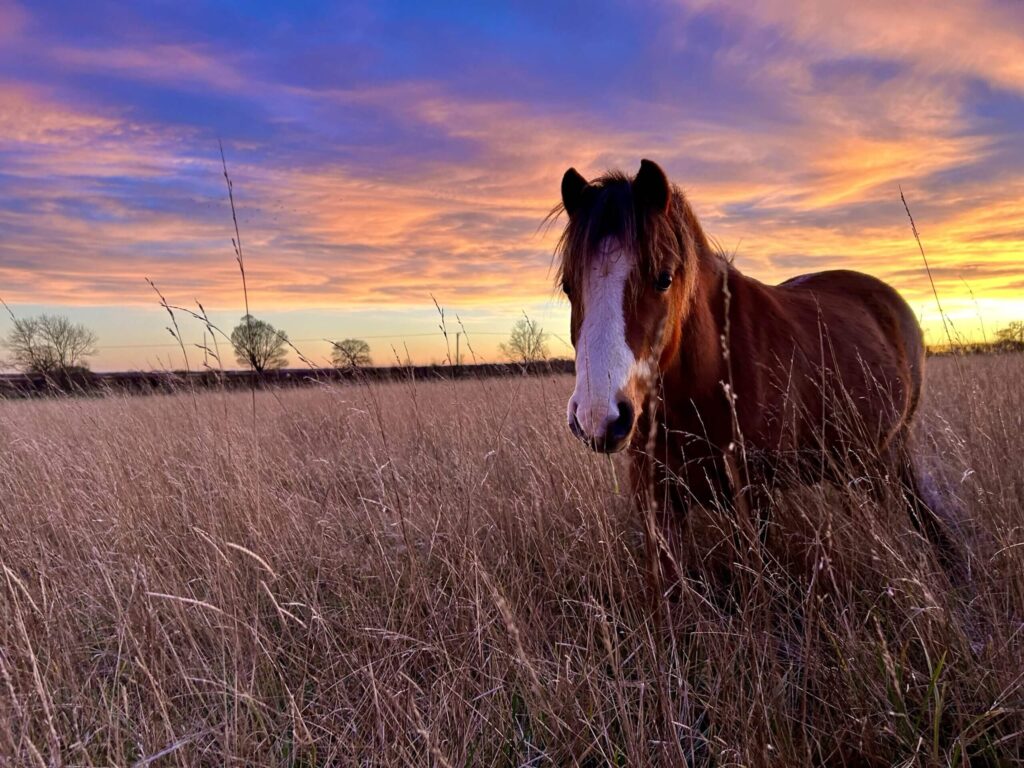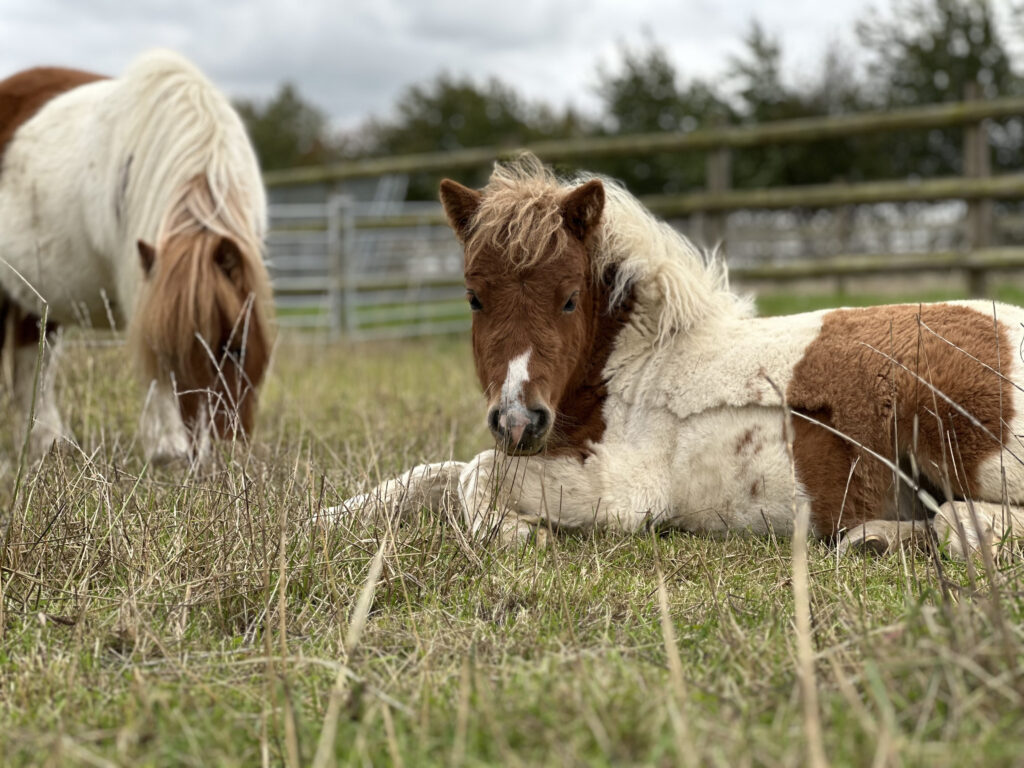We are urging horse owners, riders and yard managers to review their biosecurity measures and keep a careful watch on the health of equines in their care following reports of a Strangles outbreak in the East Midlands.
Strangles is a highly infectious respiratory disease affecting horses, which can be fatal in severe cases.
It spreads through direct horse to horse contact and also indirectly through contaminated equipment, such as a handler’s clothing, buckets or boots. Both feed and especially water sources can also be significant in the disease’s spread.
Bransby Horses veterinary advisor Jeremy Kemp-Symonds recently co-authored a research paper which defines the rate Streptococcus equi – the bacterium that causes Strangles – spreads.
He said: “We have defined the R0 number – that’s a measure of the rate at which the infection spreads – for the first time at just over two. That means that, on average, every horse that is infected with Strangles will infect another two, if no preventative action is taken.
“Although this may seem quite high, we now know that, with the right interventions, it is possible to break the cycle of infection using some simple measures such as strict quarantining of known and suspected cases, good biosecurity and regular temperature checks of equines, to help assess those that may be infected.”
And he added: “Bransby Horses is challenged by welfare cases arriving with Strangles on a regular basis, but because of our stringent biosecurity and isolation measures in our quarantine unit for new arrivals, we haven’t had a single outbreak for over 15 years.”
Anyone concerned about their horse’s health should seek advice from their vet.
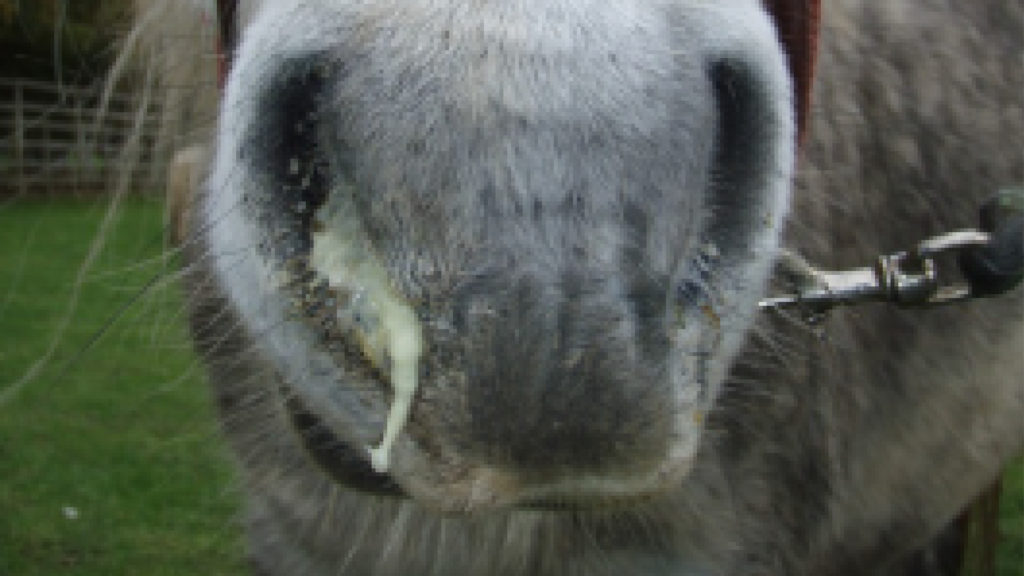
Owners can also track the occurrence of Strangles, together with common clinical signs and other data, on the Surveillance of Equine Strangles website: SES View (jshiny.com)This year Bransby Horses is both supporting and giving technical, veterinary advice to the Strangles Awareness Week campaign, which runs from May 1.
To find out more about taking a horse’s temperature and strangles in general visit BransbyHorses.co.uk/ strangles
The research paper Jeremy Kemp-Symonds co-authored in 2022, along with Rosa M A C Houben, Kees van Maanen, Andrew S Waller, Marianne M Sloet van Oldruitenborgh-Oosterbaan and Hans Heesterbeek: ‘Estimation of the basic reproduction number for Streptococcus equi spp. equi outbreaks by meta-analysis of Strangles outbreak reports’, can be read online here: https://beva.onlinelibrary.wiley.com/doi/full/10.1111/evj.13865

